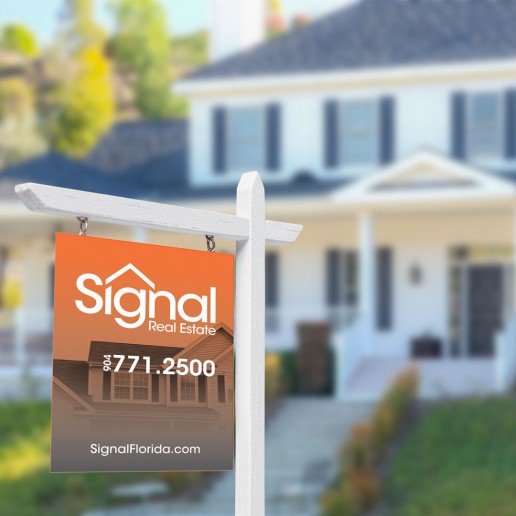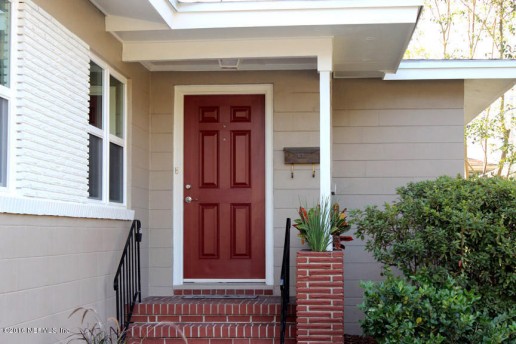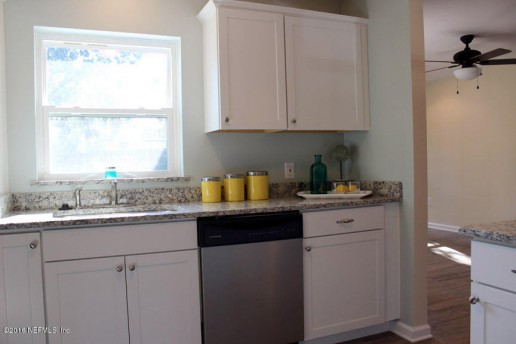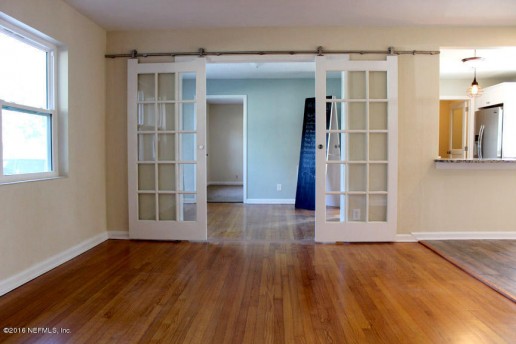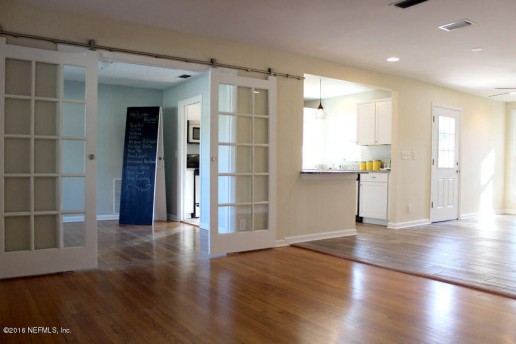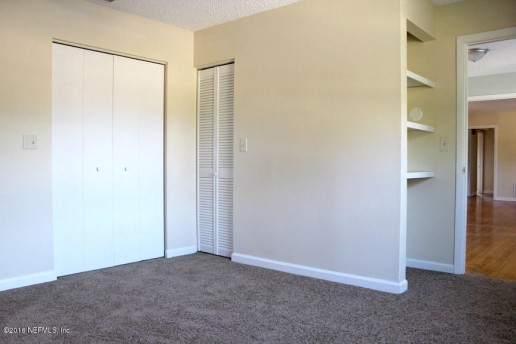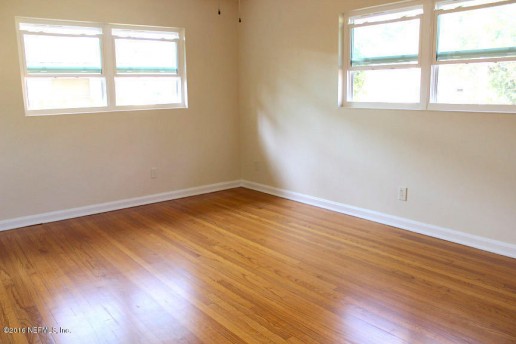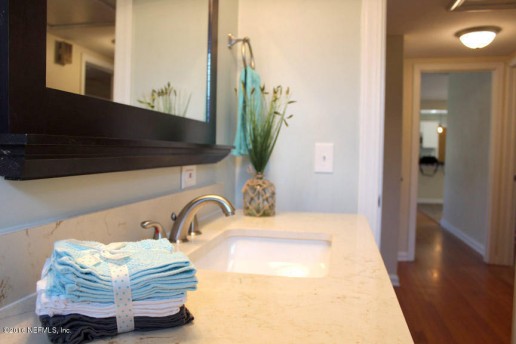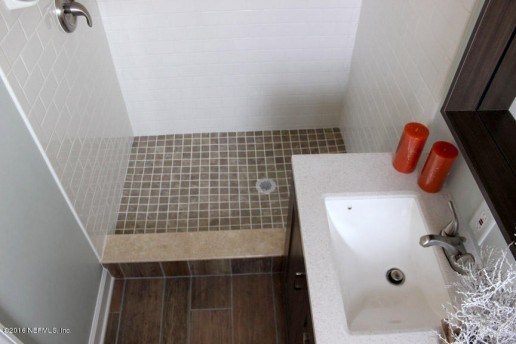Florida Bond Mortgages Available Now!
Bank of England Mortgage is proud to be an approved lender for the Florida Bond Loan Program. This loan can help qualifying First Time Homebuyers receive down payment assistance to purchase a home.
First Time Buyers
Everyone on the loan must be a first-time buyer. This means you must not have owned property within the last 3 years.
Up to $15,000
With the Hardest Hit Fund, qualifying borrowers can get up to $15,000 to go towards down payment and closing costs.
3 Loan Types
The bond program is available in Conventional, VA & FHA versions to help meet all your needs and goals.
Harrison Green
Mortgage Banker
NMLS # 842189
(904) 699-4146
[email protected]
Download the original flyer, Florida Bond Mortgages.
Just Listed! 7248 Altama Rd. Jacksonville, FL 32216
December 22, 2016homes-for-sale
Totally Renovated & Redesigned by Professional Contractor.
This 4 bedroom, 3 bathrooms (2 master suites) – open concept floor plan – bright and airy home features.
- NEW New Roof
- NEW HVAC
- NEW Windows
- NEW Kitchen
- NEW Appliances
- NEW Bathrooms
- NEW Tile
- NEW Carpet
Also with refinished original hardwood floors just to name a few! Newer & new plumbing, Wood burning fireplace, interior laundry room, large fenced back yard with storage building for all your stuff, with ample parking to top it off.
Property is extremely easy to show. Make your appointment today!
2925 Dickinson RD, Jacksonville, FL
Custom 4/3.5 home built in 2003. Open concept floor plan. Lots of natural light with plantation shutters throughout. This home sits on 3/4 of an acre. Home feature spacious foyer, formal dining room,10 ft high ceilings throughout, spacious kitchen, dual pantries with lighting, smooth cooktop with downdraft fan ventilation. Custom hand carved cabinetry, large family room features fire place and dual french doors leading out to covered lanai. This home overlooks large wooded lot. 3 car insulated garage and spacious outdoor parking. RV or boat parking, no community restrictions. City water and sewer, no septic.
Understand The Closing Process
Understanding The Closing Process
Once your offer on a home has been accepted, your inspections are complete, and your financing is in order, you’ll likely breathe a sigh of relief and get focused on packing for the move.
But before you’re handed the keys to your new home, you’ll need to attend the settlement or closing. The more you understand about the closing process, the easier it should be.
Preparing for Closing
If your team of professionals—particularly a REALTOR® and your lender—have been providing you with good service throughout your home search, you should be well-prepared for settlement.
Essentially, settlement day involves the formal, legal requirement of transferring ownership from the seller to you.
Settlement regulations vary from one jurisdiction to another, but two aspects of the process are usually the same no matter where you buy a home.
Your contract should allow you to schedule a walk-through of the property 24 hours before the closing. At this walk-through, you need to make sure the seller has completely vacated the property (unless you’ve arranged to rent back the property after closing) and the home is in the condition described in the contract. Look to make sure any required repairs have been made and items that are contractually supposed to convey to you are in place. If the walk-through reveals any problems, you can delay the closing or ask for money from the seller to address the issues.
You have the right to receive the HUD-1 settlement statement for review 24 hours before your closing. Compare the HUD-1 statement to the Good Faith Estimate your lender provided to make sure they’re similar and ask your lender to explain any discrepancies between the two documents.
What You Need at the Closing
Throughout the home search, you’ve likely accumulated a lot of paperwork. Bring these documents with you to the closing in case an issue arises and you need to produce one of them—particularly your proof of homeowner’s insurance and your copy of the contract.
Bring your identification and discuss with your lender how you’ll make the down payment and closing costs that aren’t rolled into your loan. You may be able to transfer these funds electronically based on an estimate before the closing, but you could also be required to provide a cashier’s check or certified funds.
You should bring your checkbook, too, for the difference between the estimated balance owed and the final amount.
What Happens at the Closing?
As a buyer, you’ll sign a stack of legal documents including paperwork related to your mortgage and paperwork related to the transfer of ownership of the property. You’ll also pay closing costs and fees and the initially required escrow payments for your homeowner’s insurance and property taxes.
Traditions vary by location, but at closing, there’s usually a representative from a title company or an attorney. In some cases, both the seller and buyer will have an attorney present. Typically your real estate agent will attend your closing and usually the seller’s agent and the seller will attend as well. Some lenders attend the closing, but others simply provide the loan documents to the title company.
When your closing is finished, you should not only have your keys to your new home, but you also need a stack of documents for future tax returns and when/if you eventually sell the property. These documents include your final HUD-1 statement, your Truth-in-Lending statement outlining your mortgage terms, your mortgage note and your deed of trust.
Article originally posted on Realtor.com
Get a Mortgage Pre-Approval
How to get pre-approved for a mortgage
There’s nothing more frustrating than falling in love with a home and then discovering you can’t afford to buy it.
Consulting with a mortgage lender is the first step you should undertake in the home buying process. Almost all first-time buyers need a mortgage to finance their home purchase, so get prepared before you look.
When you’re armed with the knowledge of what you can afford, it focuses your search and allows you to make a move when you find a home you love.
What Is a Mortgage Pre-Approval?
Lenders offer borrowers either a pre-qualification letter or a pre-approval letter, but most REALTORS® recommend you get a pre-approval letter before you start home shopping.
A pre-qualification letter states the amount a lender thinks you’ll be able to borrow based on your income and credit profile without any actual documentation.
However, mortgage lending standards have tightened since the housing crisis, and all mortgage loans now require full documentation and verification of income and assets—so most sellers will only accept an offer from a buyer with a full pre-approval letter based on verified information.
Your home hunt will benefit with a pre-approval for two main reasons:
First, you’ll have completed the credit check and paperwork requirements for a mortgage, so you’ll know your ability to finalize a home purchase. If the lender finds a problem with your credit or an error on your credit report, you’ll have time to fix it before making an offer.
Second, since your documentation will already be in place, a mortgage pre-approval will likely speed up the process once you make an offer.
How to Find a Mortgage Lender
To help you land your dream home, try a pre-approval service like the one featured on the realtor.com® individual listings pages. By checking the box that says, “I want to get pre-approved by a lender”, you’ll be connected with up to three lenders right away.
A REALTOR® should also be able to recommend a lender or two for you to interview. You can check for a loan officer’s license and read reviews online to be sure you’re working with someone reliable.
As a first-time buyer, you should call a few lenders to find someone experienced with first-time buyer needs who can possibly help you identify special loan programs in your area.
What to Expect From Your Mortgage Lender
The best lenders take a collaborative approach with borrowers and explain all your loan options. When your lender checks your credit report, they should give you feedback on how to improve your credit profile.
They should also offer recommendations on how to handle your money between the time you apply for a loan and settlement day.
Your mortgage lender should provide advice about when to lock in your loan rate and discuss the pros and cons of various loan programs.
What Your Mortgage Lender Expects From You
Your lender needs you to be honest about your finances and responsive to all requests for additional information, no matter how unimportant it may seem to you. The more cooperative you are with a lender, the easier the loan process will be.
You should be prepared with tax returns, W2s, bank statements, employer names and addresses, and your current landlord’s information.
Your lender will generate a mortgage approval based on your debt-to-income ratio and credit score, but you should also consider your budget and your own comfort level with the payment amount.
There’s no need to borrow the maximum amount you qualify for, particularly if you know you plan to spend money on items that don’t show up on your credit report. Your careful planning and preservation of your emergency fund are important for responsible, long-term home ownership.
Article posted originally on Realtor.com
http://www.realtor.com/advice/finance/get-a-mortgage-preapproval/

